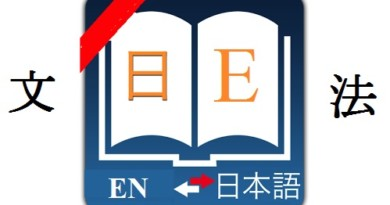Compare にくい nikui and づらい zurai
Hi everyone! Suppose there is a situation like this: You have to be away from your lover for a long time, but you find it difficult to do that, which expression will you choose,(別れ)づらい or にくい? To help you understand how to use にくい and づらい better, in this post, Learn Japanese Daily will introduce to you the lesson : Compare にくい nikui and づらい zurai.

Similarities
Both grammar structures express the meaning “difficult to do something” and are used with Vます(remove ます).
Differences
にくい nikui
にくい means “It’s difficult on the physical side when doing something (such as energy or technology)”. It can be used with non-volitional verbs.
Example :
この本は字が小さくて、読みにくいです。
Kono hon ha ji ga chiisakute, yomi nikui desu.
The letters of this book are so small that it is difficult to read. (The difficulty of reading is caused by physical factor (small letters))
この食べ物のレシピは複雑で、作りにくいです。
Kono tabemono no reshipi ha fukuzatsu de, tsukuri nikui desu.
This food recipe is complex so it’s difficult to make.
この広場は響くので声を小さく出しにくいです。
Kono hiroba ha bibiku node koe wo chiisaku dashi nikui desu.
Because this plaza resonates, it’s hard to speak in a small voice.
づらい zurai
づらい means “There are resistance and obstacles, so it’s hard to do something” This structure is different from にくい in that it is often used to talk about psychological obstacles. It is not used with non-volitional verbs but is still used with the following verbs:「見える・聞こえる・わかる」
Example :
子供のかわいそうな顔を見て、叱りづらいですね。
Kodomo no kawaisou na kao wo mite, shikaridurai desu ne.
It’s hard to scold a child when looking at his/her poor face. (The difficulty of scolding the child here is caused by psychological factor (looking at the poor face of the child).
彼はとても激動しやすい人なので、本当の話を言いづらいです。
Kare ha totemo gekidou shiyaru hito na node, hontou no hanashi wo iidurai desu.
He is a person who is very easy to be agitated, so it’s hard to tell him the truth.
あんな環境で生きづらいだろう。
Anna kankyou de ikidurai darou.
It will be hard to live in such an environment.
Exercise for consolidating knowledge:
Choose the correct answer :
こんな人が多いところでは話し(にくい・づらい)だと思います。
この紙は特別な木から作られたので、裂き(さき)(にくい・づらい)です。
あのうわさは本当かどうか信じ(にくい・づらい)ね。
あんなに重い荷物は一人で持ち(にくい・づらい)だろう。
あの人に前に悪い態度(たいど)をとったので、現在話をかけ(にくい・づらい)です。
いたずらな子供がいるので割り(わり)(にくい・づらい)コップを使っています。
In this post, Learn Japanese Daily has helped you compare にくい nikui and づらい zurai.
See other similar lessons at category: japanese grammar dictionary
